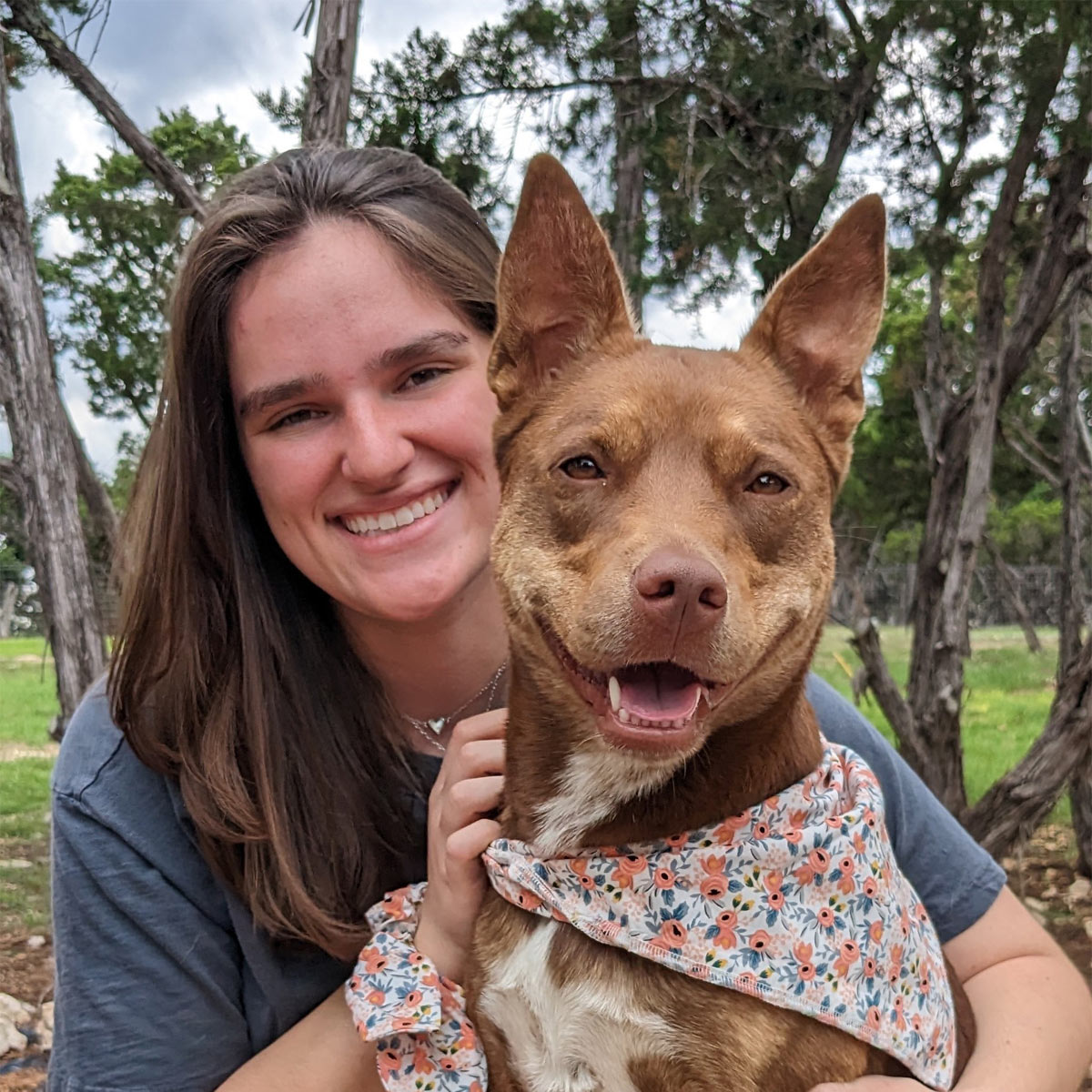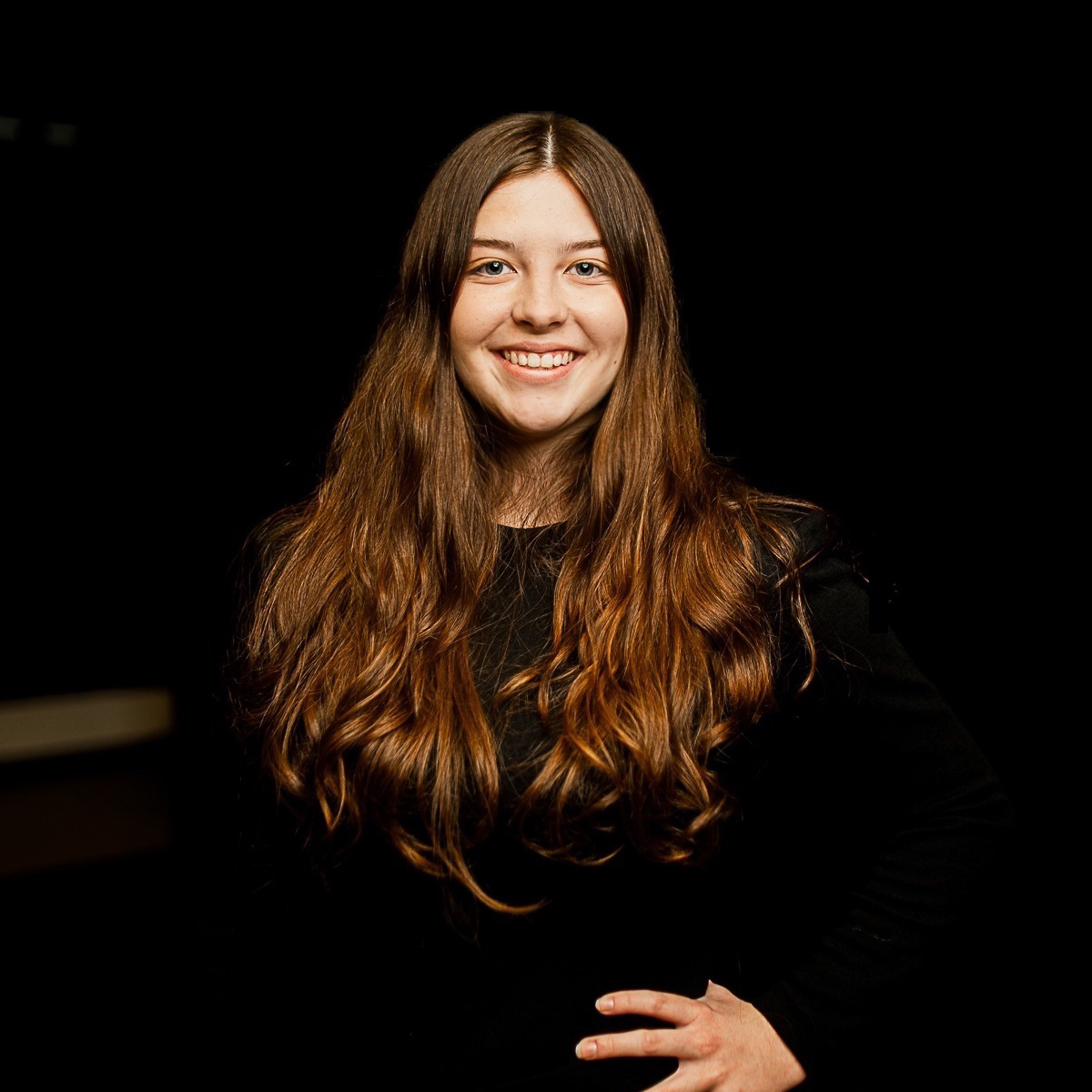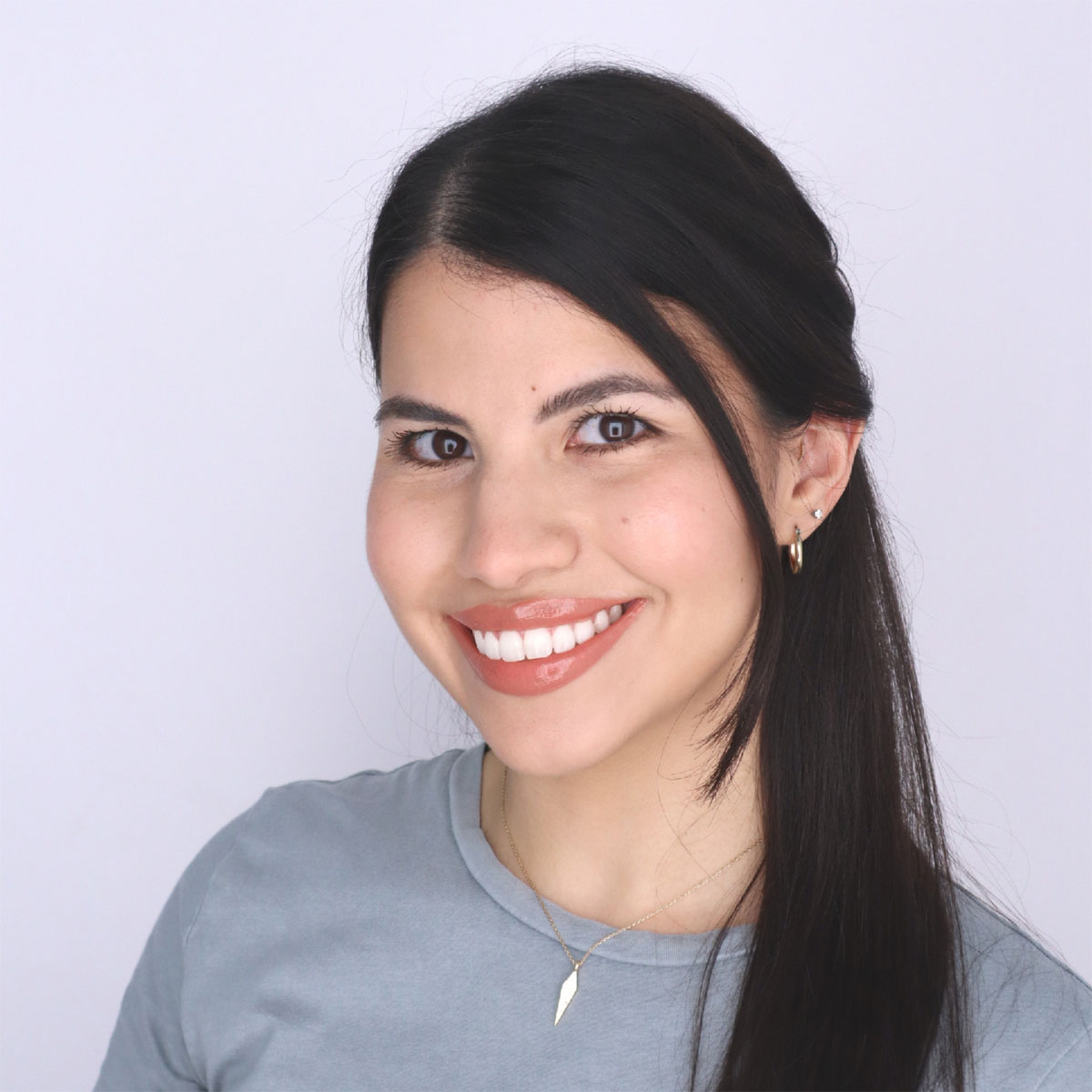Posted on December 1, 2023 by College of Sciences
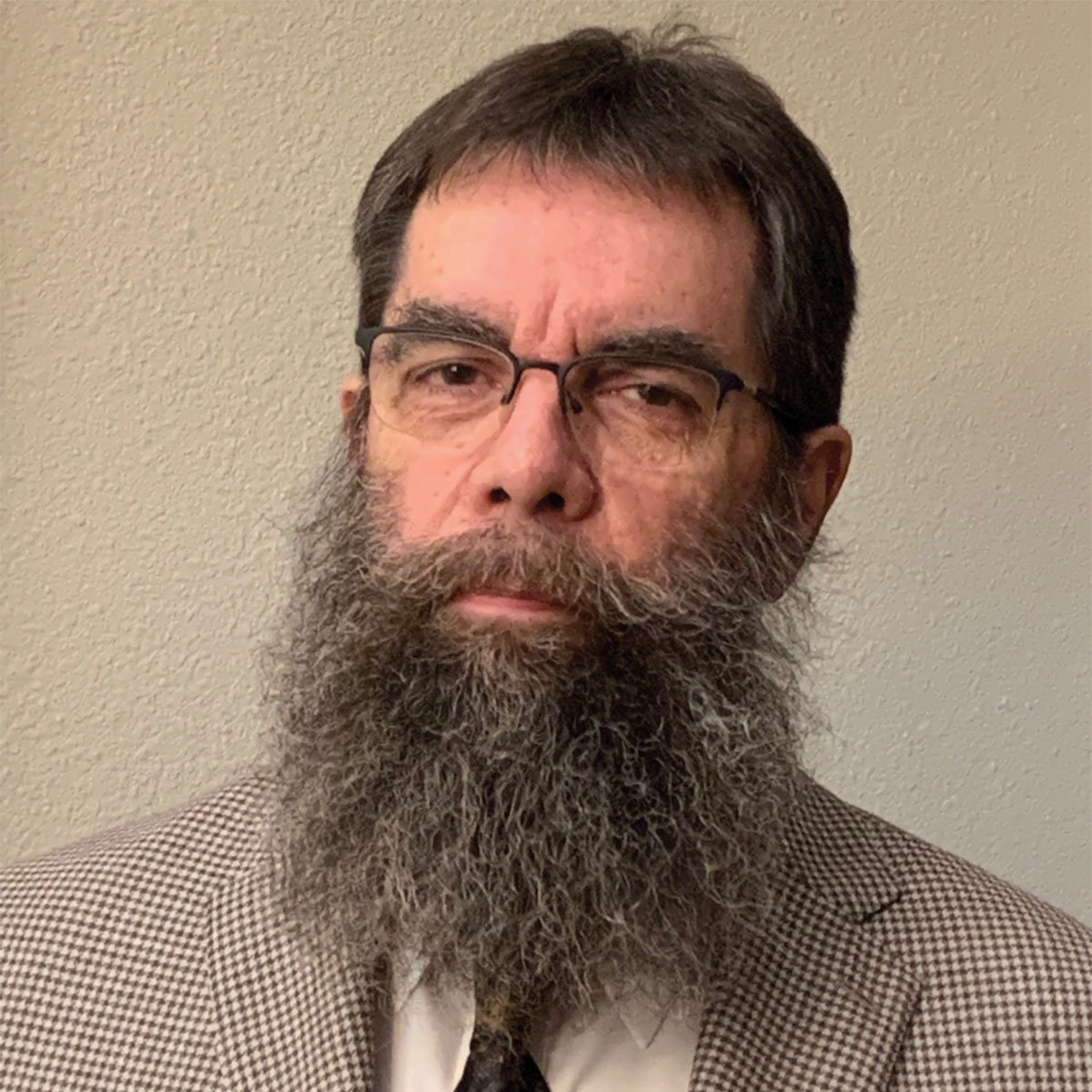
Cornel Pasnicu, Ph.D., Department of Mathematics
What did your journey to UTSA look like and are you fixed-term track or tenure track?
I was born in Bucharest, Romania. After graduating from high school, I was accepted without exam at the University of Bucharest (the best in the country) with a National Romanian Bursary for Best Students in Mathematics (awarded to the best mathematics students at the level of B.A. or M.S.), where I obtained a B.A., a M.S., and a Ph.D. in Mathematics. My M.S. advisor was Professor Ciprian Foias (who later became a Distinguished Professor at Indiana University Bloomington and then a Distinguished Professor at Texas A&M University, a winner of the Norbert Wiener Prize in Applied Mathematics, and an Invited Speaker at the International Congress of Mathematicians), and my Ph.D. advisor was Professor Dan-Virgil Voiculescu (now Professor at the University of California, Berkeley, Plenary Invited Speaker at the International Congress of Mathematicians, Member of the National Academy of Sciences, and, among other things, the creator of Free Probability) (my Ph.D. thesis was defended under the supervision of Professor Ion Colojoara).
At the beginning of my mathematical career, I worked for several years as a Research Fellow at the National Institute for Scientific Research (the Institute of Mathematics Simion Stoilow of the Romanian Academy), in Bucharest, Romania (the best mathematics research institute in Romania). During 1991-1992 I had visiting positions at the Institute of Mathematics of the University of Copenhagen, Denmark, and at the University of Toronto, Canada. In July 1992 I was hired as an Associate Professor at the University of Puerto Rico, Rio Piedras Campus, Puerto Rico, USA, and from July 1997 to July 2011 I was a Full Professor (with tenure) at the same university.
I joined the Department of Mathematics at UTSA in August 2011, as a Professor with tenure.
I was awarded the Simion Stoilow Prize of the Romanian Academy for the year 1988. This is one of the generally two-four prizes given annually in Romania by the Romanian Academy for the best mathematical achievements in that country.
I am an Honorary Member of the Institute of Mathematics Simion Stoilow of the Romanian Academy (elected in March 2005).
What do you enjoy most about your area of study?
I love the beauty and the depth of Mathematics. It is an art in which the tools, which are invisible, need to be combined using a lot of knowledge and imagination. I love the inner and deep harmony and symmetry of Mathematics. I love that to do Mathematics you need a "spatial view" (you have to "zoom out" to know where you need to go), and also a "local view" (you have to "zoom in" to know how to go there). I love that almost any deep result in Mathematics will have a major application in other domains; it is only a matter of time.
What are some of the most notable research projects that you've been involved in?
My research is in the areas of Operator Algebras and Operator Theory, which are important parts of Functional Analysis. More precisely, I worked for many years on the structure and classification of nuclear (amenable) C*-algebras (Elliott's Classification Project).
For my results in this project, I was awarded three competitive NSF research grants and a research grant from the US Army Research Office.
I published these results in top journals and they are cited by top mathematicians in books and top journals like: Proceedings of the International Congress of Mathematicians, Annals of Mathematics, Inventiones Mathematicae, Journal of the American Mathematical Society, Duke Mathematical Journal, Advances in Mathematics, Journal of Functional Analysis, Journal fur die Reine und Angewandte Mathematik, Transactions of the American Mathematical Society, and others.
I gave many Invited Talks, Colloquium Talks, and Seminar Talks about these results in countries like: USA, Germany, France, Italy, Canada, China, Denmark, Norway, Switzerland, Spain, Hungary, and Romania, and in prestigious places like: UCLA, University of Pennsylvania, University of Paris VI, MSRI, Oberwolfach, Institut Mittag-Leffler, Fields Institute, BIRS, Centre de Recerca Matematica (CRM) (Barcelona), and others.
I collaborated with five mathematicians which are Invited Speakers at the International Congress of Mathematicians (and one, a Plenary Speaker at the International Congress of Mathematicians).
What is your proudest moment with the COS?
My proudest moment with the COS was in February 2022, when the Carnegie Classification of Institutions of Higher Education designated UTSA as an R1 institution. This placed UTSA among the top 4% of research universities in the nation, and hence it was an important step in achieving more national prominence.
What do you enjoy most about your job?
I enjoy doing research and having the opportunity to show my students the beauty and importance of Mathematics. I try to convince my students that Mathematics should be seen as a logical game and not as a "foreign language" in which you have to learn many things by heart.
How would you spend your ideal Saturday?
My ideal Saturday would include spending time with family and/or friends, reading, relaxing, seeing a good movie (a difficult problem!), listening to some good music, taking a walk in Fredericksburg or Comfort, or ...proving an interesting theorem!
What are your book recommendations?
The Idiot by Fyodor Dostoevsky
One Hundred Years of Solitude by Gabriel García Márquez
Zorba the Greek by Nikos Kazantzakis
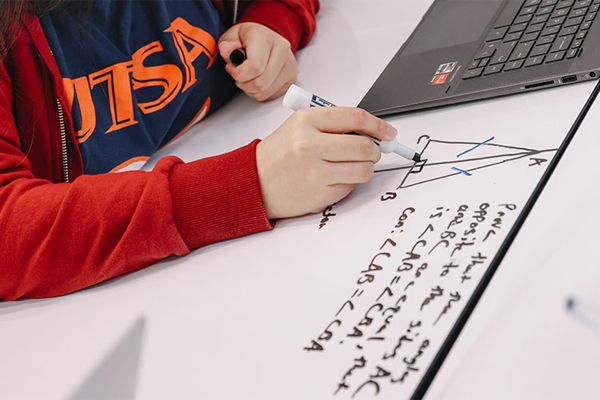
Explore the Mathematics Department!
Dedicated to research, high-quality instruction, and community engagement that embraces excellence by empowering its undergraduate and graduate students, especially those from backgrounds underrepresented in the mathematical sciences.
Recent Mathematics Spotlights
View More Spotlights